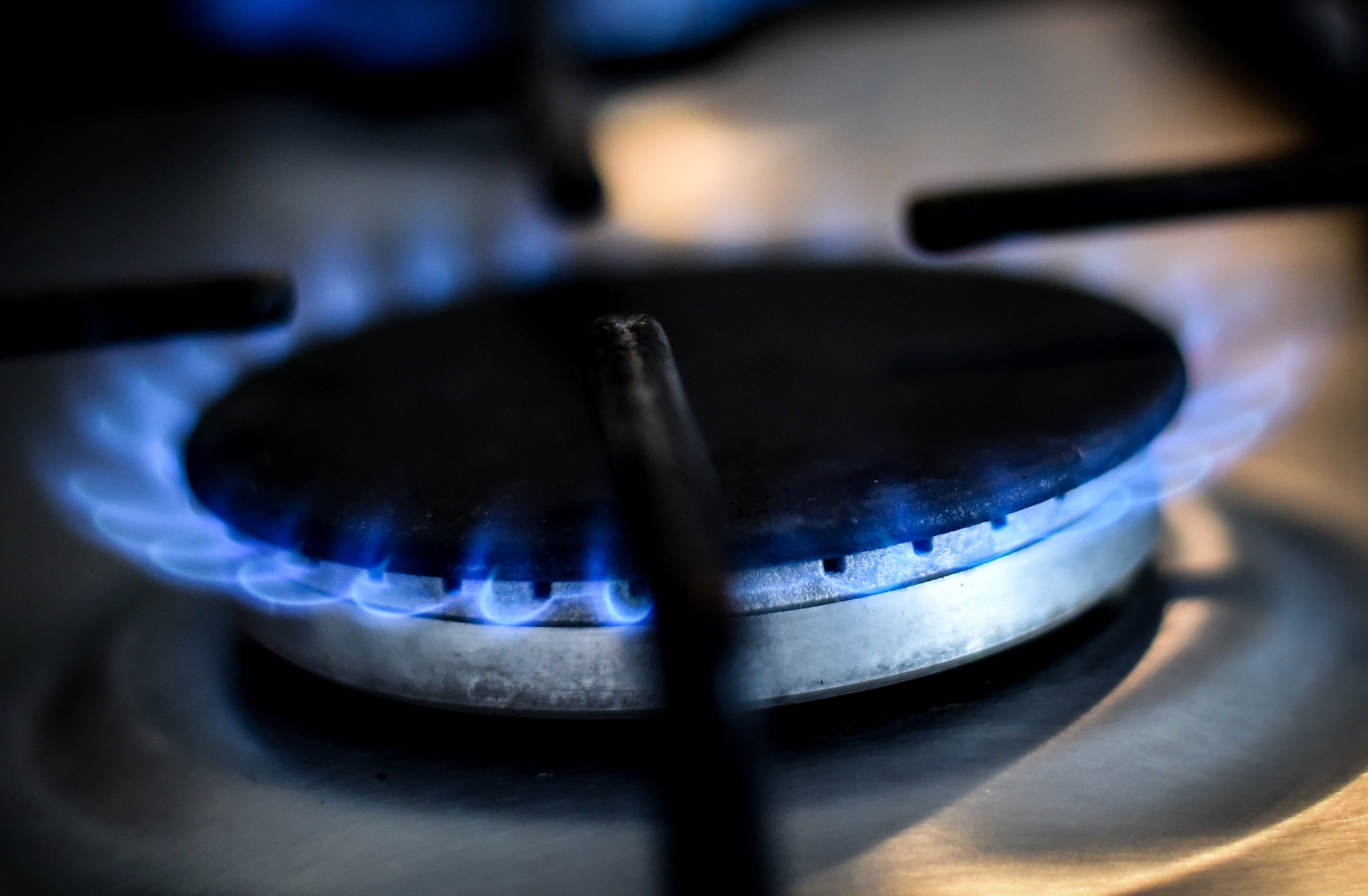Market failures make the case for nationalisation of energy and water
If taxpayers ultimately have to pick up the tab time and again, they are more likely to demand the government runs the services, writes Phil Thornton


Seventy five years ago, on 1 January 1947, ownership of the UK’s coal industry was vested in the national government. Exactly a year later, the nationalisation of British railways and canals took effect. The National Health Service was born seven months after that.
The past is of course a foreign country and they do things differently there, as LP Hartley said, and one should be careful of drawing direct parallels from historical times. But as we embark on a new year after some 20 months of the Covid-19 pandemic, many assumptions about how the economy should be run have been abandoned.
The response of the doctors, nurses and managers in the NHS to the crisis, and the creation and delivery of a national vaccine programme, have been hailed as examples of centralised coordination. In stark contrast, the awarding of several billion pounds worth of contracts for PPE clothing and test and trace that failed to deliver – often by companies using a “high priority lane” without the need to compete for them – has left an odour of sleaze.
Will this lead to a greater public desire for national ownership? What it may have done is bolstered a growing acceptance that the government should play a greater role in running parts of the economy that are natural monopolies. In regards to the railways, household energy and water supply, there is a growing realisation these are private oligopolies.
Of most immediate concern to people is the state of the energy industry in the wake of spiralling bills last year and the prospect of another spike in the spring of this year. Figures from the Department for Business, Energy and Industrial Strategy show household energy bills rose by around a half between 1996 and 2018 in real terms. They could face a rise of as much as another 50 per cent in April when the regulator, Ofgem, raises its energy price cap in response to the rise in wholesale prices.
Meanwhile, the number of energy suppliers continues to shrink. The market was already dominated by the so-called "big six" companies that control three-quarters of the market. The government’s own competition regulator found customers of the "big six" were overcharged by £1.2tn pounds between 2009 and 2013.
But the stresses within the sector have not weakened but in fact reinforced the market dominance of the “big six”, which have absorbed the customer base of all but one of the failed suppliers with 5.7m customers. The biggest, Bulb – with 1.5m customers – was so big it had to be rescued via a taxpayer-funded special administration process.
The irony is that the industry was privatised under Margaret Thatcher as part of the ethos that the influx of private companies would make prices cheaper thanks to greater efficiency than the public sector can deliver. There is a similar contrast between theory and practice in the water industry where the justification for privatisation was that private operators would deliver lower bills and greater investment than the state proved illusory.
The new owners of the regional state-owned companies, which were sold off with no debt, have borrowed some £53bn while spending less than £5bn a year on capital expenditure, according to their regulator Ofwat. Claims about sewage overflows have risen sharply over the last year while companies have paid dividends to water companies’ shareholders, (70 per cent of shares are held by overseas banks, hedge funds, foreign governments and businesses) Labour MP Bell Ribeiro-Addy called just before Christmas to take them back into public ownership.
In 2023, the government will take full control of the railway infrastructure, which since 2014 has existed as an arm's length central government body after the failure of Railtrack in 2002. Train services on the east coast high speed line have been nationalised three times since 2007.
In fact, during one of those periods, the rail regulator found that line was more efficient financially than its privatised rivals. The government’s slightly Orwellian-named Operator of Last Resort has run services on the Northern rail franchise since March last year and in south-eastern England since October. For very different reasons, the private companies that secured the contracts failed to deliver.
If taxpayers ultimately have to pick up the tab time and again, they are more likely to demand the government runs the services. According to YouGov’s regular poll, last month six out of 10 people supported bringing energy companies back into public ownership versus 13 per cent against. Among Labour voters support for public ownership rises to 74 per cent.
There are strong theoretical arguments for nationalisation: activities such as water, energy and rail are natural monopolies; governments are better placed to protect users’ welfare; any profit go back to the state rather than investors; and less chance of short-term cost cuts that deliver long-term damage.
Frustration at the failure of the private oligopolies may take the idea of public ownership into the political mainstream and out of the right-left political battleground. As Attlee himself said towards the end of his time as PM, nationalisation was not driven by ideological prejudice but was “essential for the reconstruction of the country”. That would be a new year’s resolution worth keeping.






Join our commenting forum
Join thought-provoking conversations, follow other Independent readers and see their replies
Comments